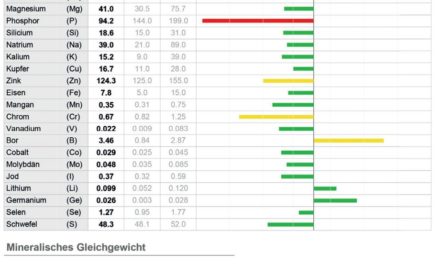Impact of Omega-3 Fatty Acids on the Gut Microbiota
Lara Costantini † ID , Romina Molinari † ID , Barbara Farinon and Nicolò Merendino * ID
Department of Ecological and Biological Sciences (DEB), Tuscia University, Largo dell’Università snc, 01100 Viterbo, Italy; lara.cost@libero.it (L.C.); rominamolinari@libero.it (R.M.); barbara.farinon@gmail.com (B.F.)
* Correspondence: merendin@unitus.it; Tel.: +39-0761-357-133
† These authors contributed equally to this work.
Received: 31 October 2017; Accepted: 1 December 2017; Published: 7 December 2017
Abstract
Long-term dietary habits play a crucial role in creating a host-specific gut microbiota community in humans. Despite the many publications about the effects of carbohydrates (prebiotic fibers), the impact of dietary fats, such as omega-3 polyunsaturated fatty acids (PUFAs), on the gut microbiota is less well defined. The few studies completed in adults showed some common changes in the gut microbiota after omega-3 PUFA supplementation. In particular, a decrease in Faecalibacterium, often associated with an increase in the Bacteroidetes and butyrate-producing bacteria belonging to the Lachnospiraceae family, has been observed. Coincidentally, a dysbiosis of these taxa is found in patients with inflammatory bowel disease. Omega-3 PUFAs can exert a positive action by reverting the microbiota composition in these diseases, and increase the production of anti-inflammatory compounds, like short-chain fatty acids. In addition, accumulating evidence in animal model studies indicates that the interplay between gut microbiota, omega-3 fatty acids, and immunity helps to maintain the intestinal wall integrity and interacts with host immune cells. Finally, human and animal studies have highlighted the ability of omega-3 PUFAs to influence the gut–brain axis, acting through gut microbiota composition. From these findings, the importance of the omega-3
connection to the microbiota emerges, encouraging further studies.
Keywords
omega-3 PUFAs; DHA; EPA; gut microbiota; dysbiosis; inflammation; behavioral disorders









